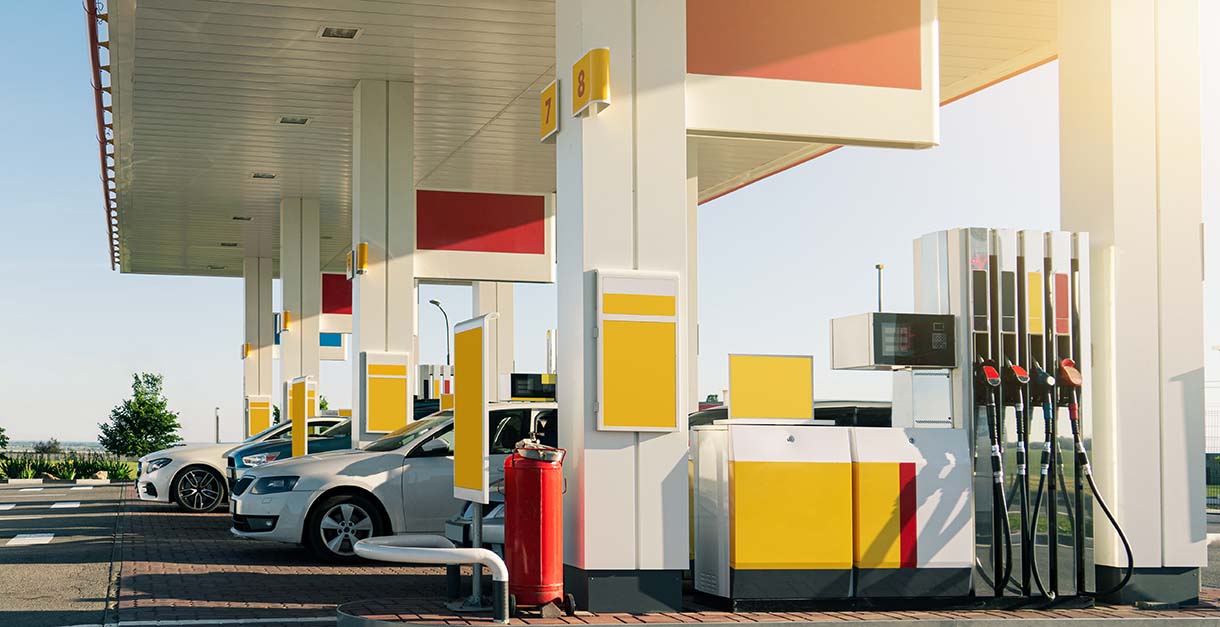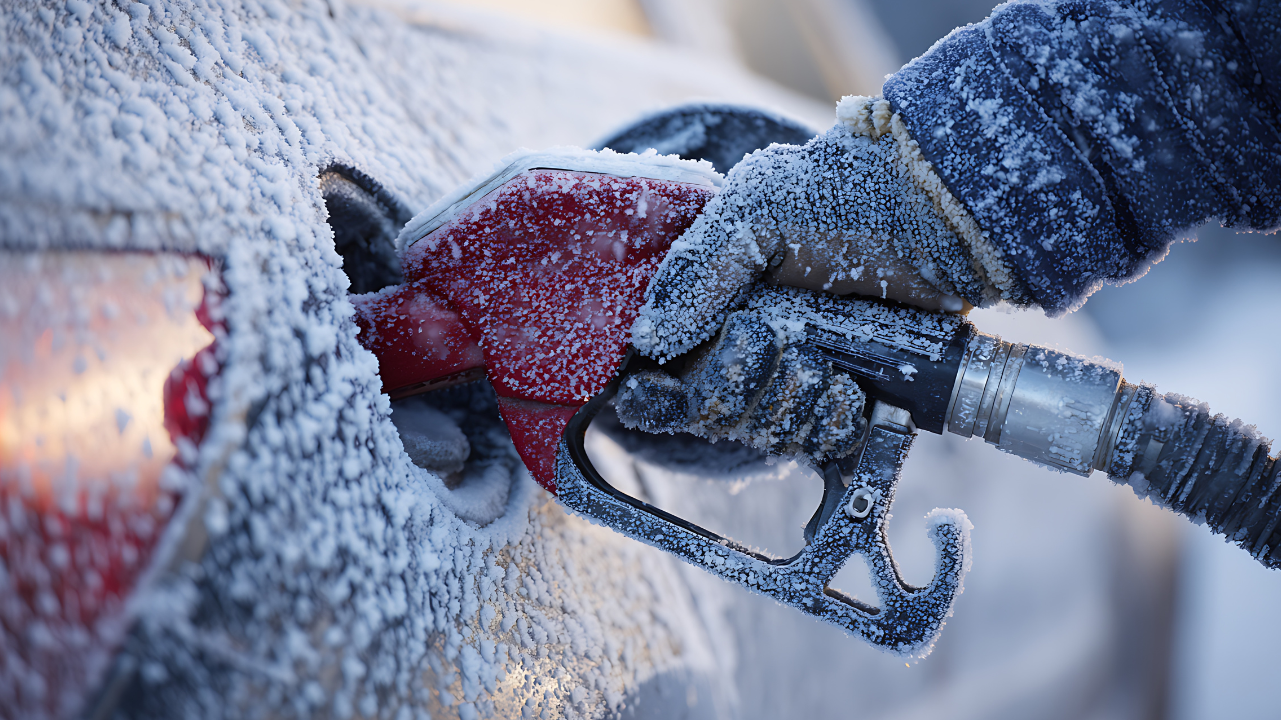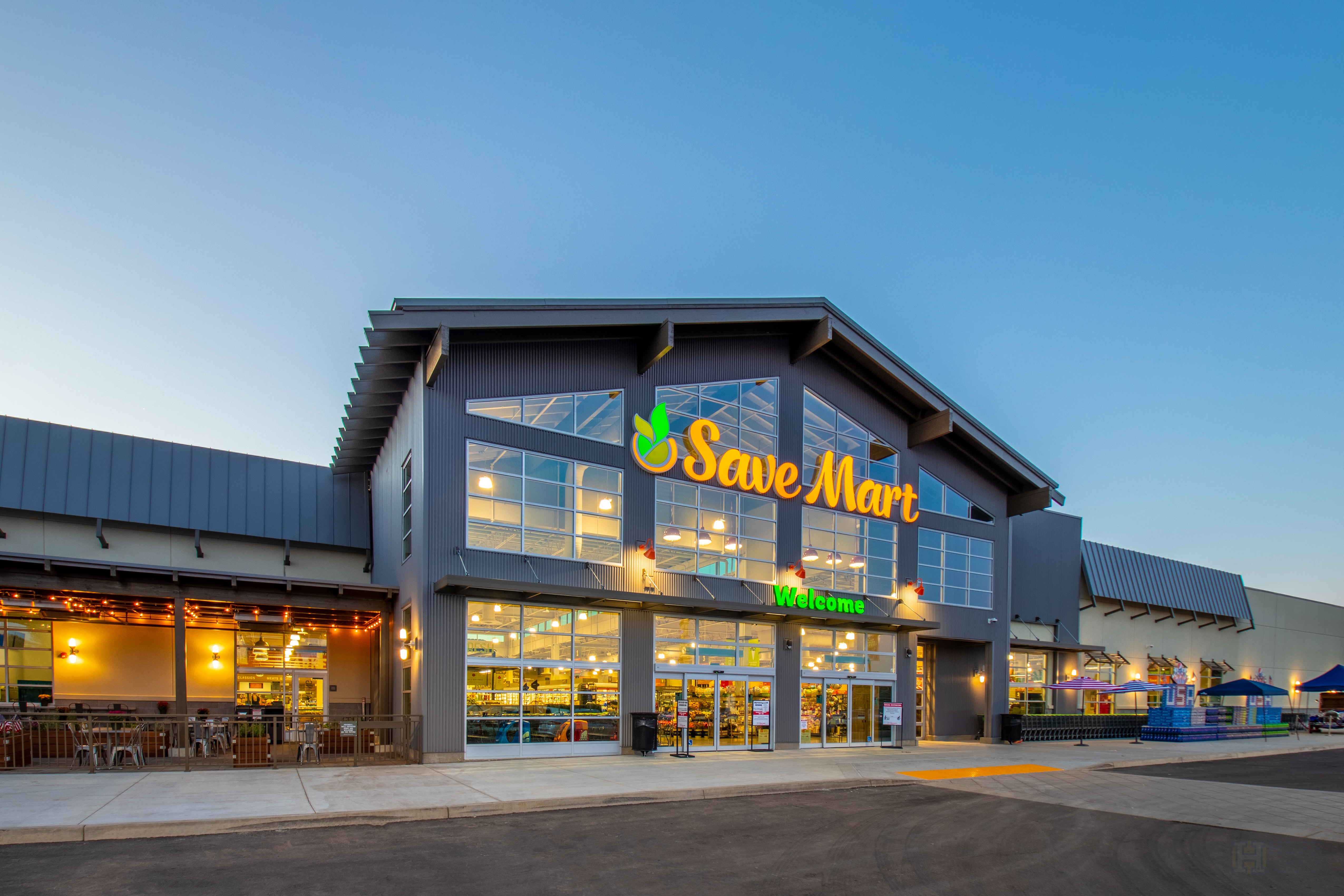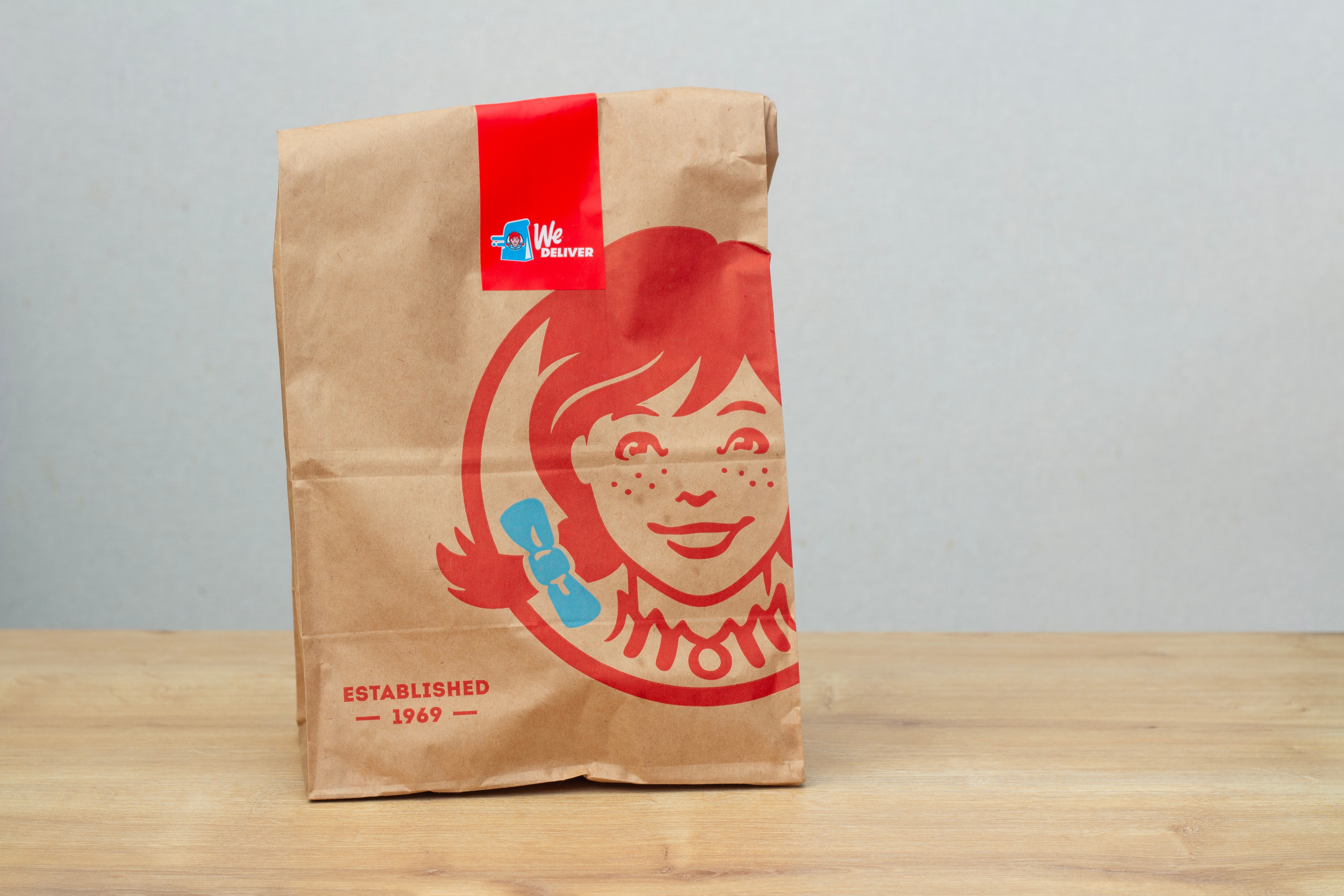Restaurant loyalty programs: Designed for driving incremental profit

The Upside Team
Most restaurant loyalty programs reward the wrong customers. They hand out discounts to regulars who would visit anyway, ignoring uncommitted customers — the 71% of diners who make decisions based on their own value, not brand loyalty. The programs that drive profit target these customers at the right moment, when they're looking for dining options and deciding where to eat.
Personalized cash-back offers can triple visit frequency by reaching these customers during their decision-making window. They do it in a way that works for both customers and restaurants — giving diners the value they seek, without cannibalizing expected sales, while working within the business' available margin. This approach makes every promotion profitable by focusing on incremental transactions rather than rewarding expected behavior.
Programs focused on increasing customer loyalty in restaurants work when they target customers who prioritize value over brand loyalty, not the regulars who already visit weekly.

What makes a restaurant loyalty program effective
Restaurant loyalty programs work when they deliver precise incentives that motivate new behavior without rewarding customers who already visit regularly. Programs that target uncommitted customers — those who prioritize value over brand loyalty when choosing where to dine — generate measurable incremental revenue and boost customer spend by 42% by filling empty tables during slower periods.
- Margin-bound promotions: Exclusive offers stay within your available profit margins and adjust dynamically based on your cost structure
- Behavioral targeting: Programs identify customers who need incentives to visit versus those who come regardless of offers
- Personalized incentive sizing: Each customer receives exactly the promotion amount needed to change their behavior — no more, no less
- Incremental focus: Programs measure and reward only new transactions that wouldn't have happened otherwise
A restaurant loyalty app that personalizes offers within available margins drives customers to visit three times more often than generic point systems that reward people who come anyway.
Metrics for measuring loyalty program performance
The most important metric for loyalty success is incremental revenue — profit you wouldn't have earned without the program. Click-through rates and app downloads ultimately don't speak to whether a customer showed up and spent money.
To measure incrementality, you need an attribution methodology that proves which transactions were influenced by your loyalty program. The right measurement system compares program participants against control groups to show how much additional profit each promotion generated. This gives you precise ROI based on new revenue, not vanity metrics that inflate your program's apparent success.
Features and technology for restaurant loyalty programs
Your existing restaurant loyalty program is an important foundation for customer engagement. Multi-category marketplace platforms expand your restaurant access to millions of customers across fuel, grocery, and dining — reaching people during everyday errands, not just meal planning.
The technology processes millions of transactions to identify loyalty members across categories who match your ideal customer profile. When someone fills their gas tank or buys groceries, they see your restaurant offers on the same platform. This cross-category reach puts your promotions in front of customers who weren't even thinking about dining out, turning routine errands into restaurant discovery opportunities that single-category programs can't match.
Data analytics and customer insights for program optimization
Transaction data analysis shows which customers need incentives to visit versus those who come regularly, regardless of offers. This analysis uses the transaction data you collect, requiring no additional tracking systems or customer surveys. The data shows three customer types: first-time prospects, lapsed customers, and regulars who could visit more often. Each group gets different promotion levels within your margin.
Point-based vs. tiered loyalty program structures
Most restaurants rely on point-based or tier-based rewards programs that treat all customers the same way. These fixed structures miss opportunities to reach your biggest growth segment: occasional diners who need the right incentive to visit more often.
The alternative is profit-share customer acquisition platforms that personalize every offer based on individual customer data. These platforms work through four core features:
- Personalized cash-back offers: Each customer receives promotions tailored to their visit patterns within your available margin
- Profit-share cost structure: You pay only for transactions you wouldn't have earned otherwise, not for clicks or impressions
- Margin-bound promotions: Offers stay within your profitability thresholds and adjust based on your cost structure
- Incremental transaction guarantee: Programs focus on driving new visits rather than rewarding customers who already come regularly
Building customer engagement through loyalty program design
Effective loyalty programs reach customers before they decide where to eat and influence them to choose your restaurant over your competitors.
Empty tables on Tuesday nights or quiet lunch hours represent lost revenue that the right incentives can capture. One additional visit from uncommitted customers can drive annual revenue increases of 84% or more. Programs that target customers with personalized offers during these time windows turn slower periods into profitable ones.
Gamification elements that boost customer participation
Traditional gamification relies on points and badges that don't translate to real value for customers or restaurants. Cash-back rewards work better because customers earn real money they can spend, not virtual points that expire or get forgotten.
Cash-back rewards drive customers to fill your unused capacity during slower periods. Higher incentives motivate visits during off-peak hours, encourage new menu trials during lunch lulls, and increase order sizes on quiet weekdays. This approach targets specific actions that benefit your restaurant while customers earn real money for behaviors that fill empty tables.
Personalization and targeted marketing campaigns
Personalized campaigns deliver exclusive offers to each customer based on their dining patterns. The platform analyzes transaction history, visit frequency, and spending habits to create targeted promotions:
- Off-peak targeting: Higher incentives for customers willing to visit during slower periods or when you have empty tables
- Lapsed customer reactivation: Specific offers designed to bring back former customers during your least busy times
- Capacity optimization: Different incentive levels that direct customers toward times when you need more coverage
- Behavioral pattern analysis: Uses transaction data to identify customers who could shift their dining times to fill unused capacity
Social media integration and referral program benefits
When you participate in a multi-category digital marketplace, your restaurant appears in apps that customers use for gas, groceries, and other daily errands. When they fill up their tank, they see your dining offer on the same screen. This cross-category reach brings you customers who weren't planning to eat out. Instead of managing separate social media campaigns, your promotions appear automatically when customers use ride-sharing, grocery, or fuel apps.
Customers who find your restaurant through gas or grocery apps often bring friends and family on future visits, expanding your customer base beyond the original marketplace users. The marketplace model means customers find your dining offers while completing unrelated tasks, creating natural word-of-mouth opportunities beyond traditional restaurant discovery methods.
Fill your empty tables with Upside
Upside's digital marketplace connects your restaurant with millions of nearby customers through personalized cash-back offers that pull customers away from competing restaurants. Our profit-share model means you only pay for proven net-new transactions, while our marketplace reaches customers when they're deciding where to dine. Request a demo to see how Upside fills your empty tables with profitable transactions.
Frequently asked questions
How do loyalty programs impact restaurant success?
Loyalty programs retain existing customers but miss uncommitted diners who make up the largest customer segment. Customer acquisition platforms reach these value-conscious customers through personalized cash-back offers, increasing visit frequency by up to three times while feeding new customers into your existing loyalty program for long-term retention.
What tools help restaurants acquire new customers?
Customer acquisition platforms that operate within your available margin drive profitable growth by targeting uncommitted customers when they decide where to dine. These platforms use transaction data you already collect to deliver targeted offers, requiring no software integrations or operational changes. They also work alongside your loyalty program by converting new visitors into potential loyalty members.
Share this article:
The Upside team is made up of data scientists and industry experts who are passionate about delivering empowering content to our readers. With a focus on providing practical insights and meaningful perspectives, we create engaging materials across a wide range of topics. From exploring industry trends and offering expert analysis to sharing useful tips and inspiring ideas, our team works diligently to provide you with the information you need to thrive.
Request a demo
Request a demo of our platform with no obligation. Our team of industry experts will reach out to learn more about your unique business needs.















